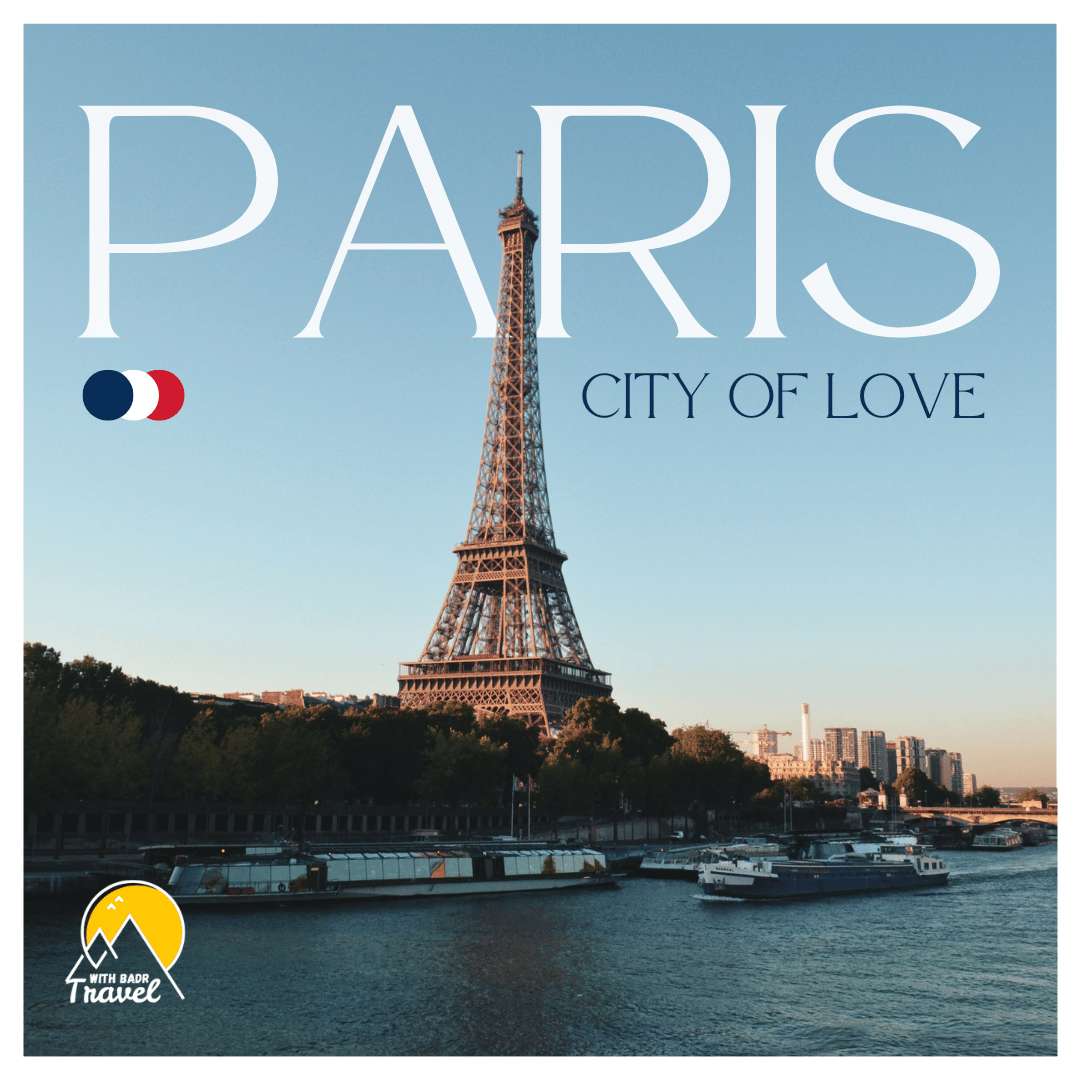Exploring the Wonders of France
Ready for a journey through the wonders of France? Prepare to dive into the hidden gems this remarkable country has to offer. From iconic historical figures who shaped the world, to magnificent medieval castles showcasing stunning architectural brilliance, and the delectable flavors of French gastronomy—the nation's crowning glory—there’s so much to experience. Add to this the charming villages that invite you to wander their streets, soaking in every enchanting moment. French culture is an endless source of fascination, offering surprises at every turn. Buckle up, let the adventure begin!
When imagining France, images of majestic medieval castles, quaint cobblestone alleys in idyllic villages, and irresistible culinary delights often come to mind. Yet, French heritage goes far beyond these classic notions—it’s truly a unique fusion of history, artistry, and nature waiting to be uncovered. What sets this heritage apart are the influential figures who left indelible marks on history, sparking our curiosity even today. Legendary personalities like Joan of Arc and Louis XIV continue to inspire, their tales intertwining with pivotal events that shaped not only France but the world itself. Exploring this intricate past reveals the revolutions, innovations, and discoveries that have defined the essence of French identity.
Best places to visit in France
Travel Guide France
France is worth visiting for its rich history, stunning architecture, diverse landscapes, and world-renowned cuisine. From iconic landmarks like the Eiffel Tower and the Louvre Museum to charming countryside villages and picturesque wine regions, it offers something for every type of traveler.
While France is not considered one of the cheapest destinations in Europe, there are ways to travel on a budget. Costs can vary depending on the region and your travel style; Paris, for example, tends to be more expensive than rural areas. Planning ahead and looking for discounted transportation or accommodation options can help reduce expenses.
Whether you need a visa depends on your nationality and the length of your stay. Travelers from EU countries or those of other visa-exempt nations typically do not require a visa for short visits of up to 90 days. However, it’s advisable to check specific entry requirements for your country before planning your trip.
France is generally safe for tourists, though, like any destination, you should stay vigilant against petty crimes such as pickpocketing, especially in crowded urban areas. Following basic safety precautions will help ensure an enjoyable trip.
People love France for its timeless charm, cultural influence, and remarkable beauty. Whether it’s the romance of Paris, the allure of French Riviera beaches, or the rich flavors of French wine and cheese, the country’s unique blend of history, art, and gastronomy has a universal appeal.
How safe is it to travel in France?
Traveling in France is generally considered safe for visitors. The country has a well-developed infrastructure and extensive tourist amenities, making it easy for travelers to navigate and enjoy their stay. As with visiting any destination, it's important to exercise caution and be aware of your surroundings, particularly in crowded areas, tourist hotspots, and public transportation.
Petty crimes like pickpocketing can occur, especially in high-traffic areas such as train stations or busy attractions like the Eiffel Tower and the Louvre. To minimize risks, secure your belongings and avoid displaying valuables openly. Additionally, staying informed about local events or demonstrations is recommended, as these can occasionally disrupt travel plans.
France’s healthcare system is robust, and emergency services are widely available. While the political climate can sometimes lead to protests or strikes, they are usually well-organized with minimal impact on tourists. By staying vigilant and adhering to common-sense precautions, your trip to France can be both safe and enjoyable.


